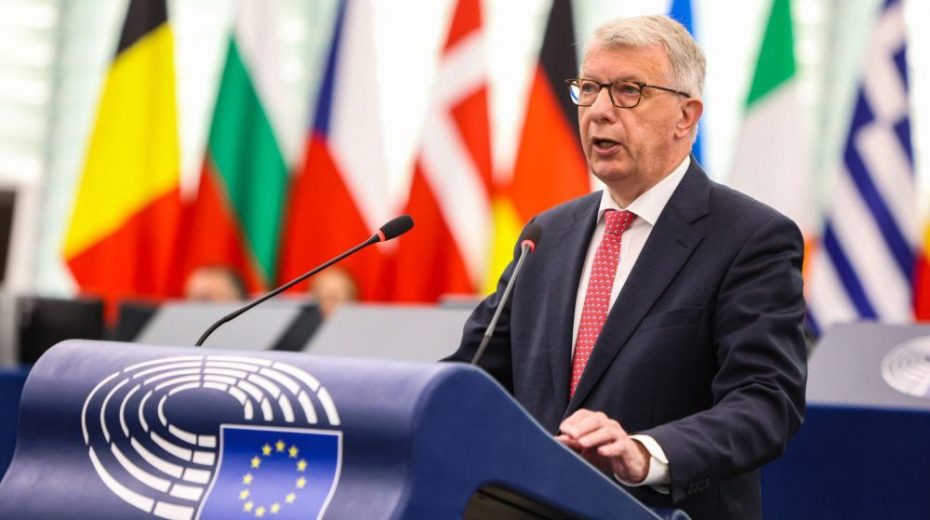
“We must not deviate from dialogue,” MEP Fernand Kartheiser, initiator of the call with representatives from the Russian Duma, said.
On Wednesday, October 1st, a video conference involving European legislators and Russian parliamentarians provoked strong criticism among Members of the European Parliament (MEPs), who demand prompt disciplinary steps, arguing that it breaches parliamentary regulations.
The session was arranged by Luxembourg MEP Fernand Kartheiser, an independent who supports maintaining dialogue with Russia. “We should discuss together the issues of Ukrainian settlement, the ways to establish lasting peace, to restore cooperation, and to counter the arms race,” Kartheiser stated.
Kartheiser highlighted that, despite the informal nature of the meeting, its symbolism was significant. He noted that other parliamentarians expressed interest in similar exchanges but refrained from naming participants to protect their careers. According to Russian news agency TASS, the attendees came from Austria, Germany, and Bulgaria.
Italian MEP Pina Picierno, who serves as vice president of the European Parliament, commented, “Such meetings without an institutional mandate undermine the general interests of the EU and the rules of Parliament.” Sergey Lagodinsky, German vice president of the Greens/EFA, distanced himself from the event, arguing that efforts to normalise the State Duma’s “parliamentary relations” equate to normalising aggressive warfare.
Leading the Russian Duma delegation was Leonid Slutsky, chairman of the international affairs committee and a sanctioned official, who, media outlets reported, expressed appreciation for the renewal of contact between European and Russian deputies after an eleven-year gap.
MEPs’ indignation largely stems from the perception that engaging with mostly sanctioned Russian officials serves Kremlin propaganda and threatens EU solidarity. Multiple lawmakers have therefore demanded disciplinary action against Kartheiser and others involved.
Kartheiser was removed from the European Conservatives and Reformists group earlier this year, following a Moscow visit prompted by Duma invitations and meetings with senior officials. He continues advocating dialogue, including through interviews where he accuses the EU of self-isolation rather than Russia and cautions about escalation risks caused by Brussels’ “irrational policy.”
Original article: europeanconservative.com




